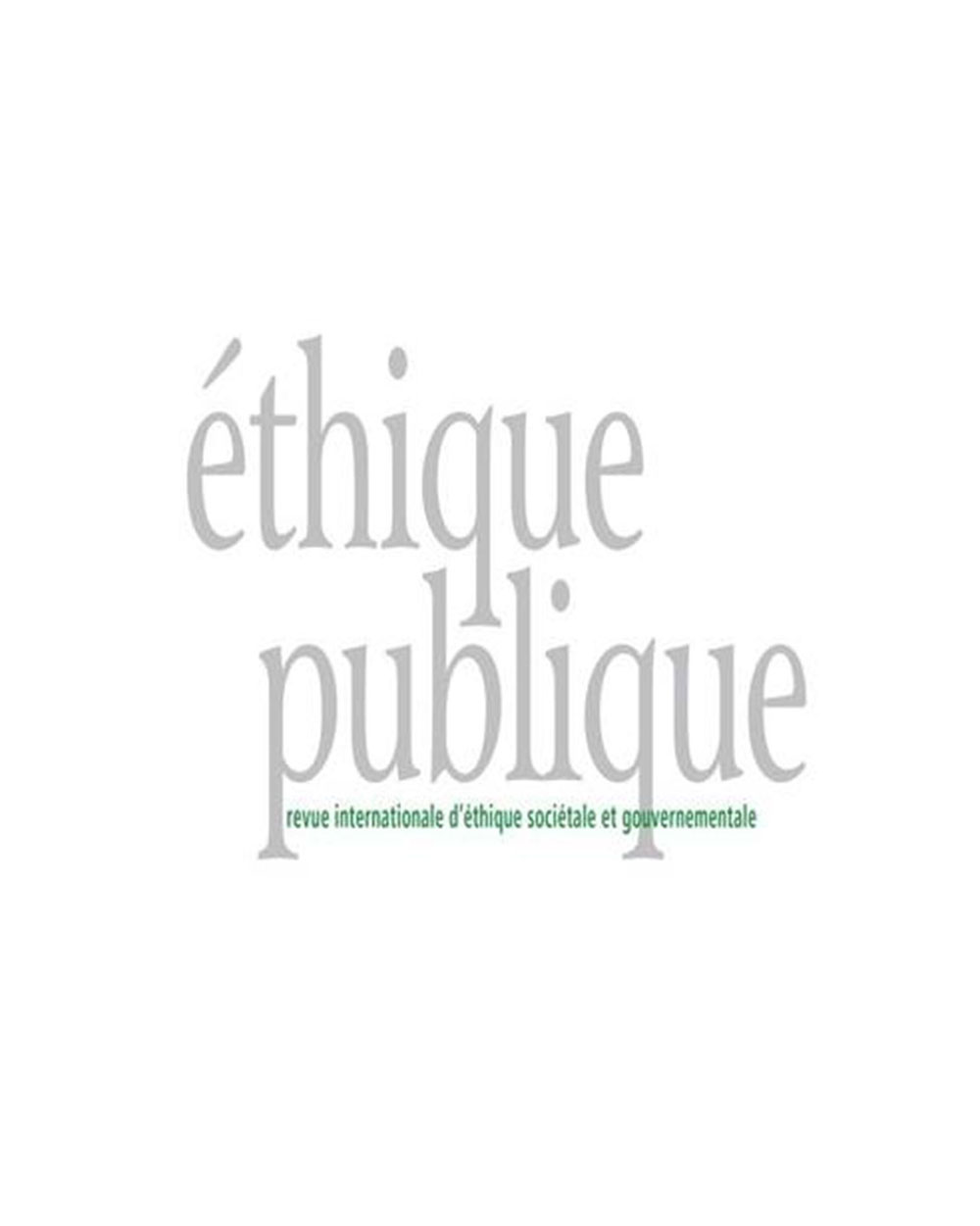L’évitement comme politique de gestion des débats au Conseil des arts du Canada
Le cas de l’appropriation culturelle et du racisme systémique(Avoidance as Debate Management Policy at the Canada Council for the Arts: The Case of Cultural Appropriation and Systemic Racism)
EXCERPT
“Canada’s arts community has been shaken in recent years now by debates surrounding cultural appropriation and systemic racism—debates which, often involving sharp and individualized criticism, have had a polarizing effect and tended to result in players withdrawing from the public sphere. Against this backdrop, this paper looks at how the Canada Council for the Arts, the backbone of public arts funding, is engaging in these debates. We put forward the following hypothesis: that the Council, rather than trying to bring these discussions back into a public space, is in fact creating a public-private sphere division by confining debates to 1. impenetrable spaces and decision-making processes; and 2. confidential peer committees without specific mandates or training.
“Canada’s arts community has been shaken in recent years now by debates surrounding cultural appropriation and systemic racism—debates which, often involving sharp and individualized criticism, have had a polarizing effect and tended to result in players withdrawing from the public sphere. Against this backdrop, this paper looks at how the Canada Council for the Arts, the backbone of public arts funding, is engaging in these debates. We put forward the following hypothesis: that the Council, rather than trying to bring these discussions back into a public space, is in fact creating a public-private sphere division by confining debates to 1. impenetrable spaces and decision-making processes; and 2. confidential peer committees without specific mandates or training.
This paper argues that the Canada Council’s dismissal amounts to a form of evasion that has the potential of weakening democratic processes. Drawing on critiques advanced by Chantal Mouffe, this paper presents the hypothesis that the repression of these debates could foster reactive affects more liable to exacerbate social divisions rather than to reduce them. The paper further claims that such evasion is emblematic of the Council’s modus operandi when managing antagonisms, which is characterized by a restricted participationism that hinders the circulation of speech in the artistic community.”
Writings
Going to, Making Do, Passing Just the Same
Le Merle - Institutions
To Spoil the Party, to Set Our Joy Ablaze
Le Merle - Austerity
Décoloniser la culture, c’est aussi désaliéner la culture
Residing in What Is Coming Undone
The Imaginary Exit of Disengagement
The Market, Philanthropy, or the State
Where We Are All Going in the Same Direction
No One Gives a F**k About a Cop and Fredy: Conveying the Voices of the Collectivity
Fragilité artistique et défense d’une autonomie illusoire de l’art
Prendre soin des paroles effacées
L’évitement comme politique de gestion des débats au Conseil des arts du Canada
Je préfèrerais (éclipses)
Les artistes du modèle d’affaire
Épuiser l’événement: l’ultrafamilier et la répétition comme procédés de mise à distance
In the Shadows of the Floodlights: DARE-DARE at Quartier des Spectacle
Identity correction: comment se porte votre identité
Insoluble capitalisme: menues violences et autres obscénité
Les médias et le Printemps québécois: comme si vous y étiez (ou presque)
Printemps québécois: l’éveil démocratique
Encore faut-il que cela se sache
Prendre la parole: du rhétorique au politique
Quelle efficacité pour une critique institutionnelle hors des institutions
Les murs ne sont pas tous faits de pierres
Une vue de l’intérieur
Art dans l’espace public: quand les politiques croisent les pratiques
The Tactics of Formlessness
Mile-End Mapping: une carte avec ruelle
Le Merle - Institutions
To Spoil the Party, to Set Our Joy Ablaze
Le Merle - Austerity
Décoloniser la culture, c’est aussi désaliéner la culture
Residing in What Is Coming Undone
The Imaginary Exit of Disengagement
The Market, Philanthropy, or the State
Where We Are All Going in the Same Direction
No One Gives a F**k About a Cop and Fredy: Conveying the Voices of the Collectivity
Fragilité artistique et défense d’une autonomie illusoire de l’art
Prendre soin des paroles effacées
L’évitement comme politique de gestion des débats au Conseil des arts du Canada
Je préfèrerais (éclipses)
Les artistes du modèle d’affaire
Épuiser l’événement: l’ultrafamilier et la répétition comme procédés de mise à distance
In the Shadows of the Floodlights: DARE-DARE at Quartier des Spectacle
Identity correction: comment se porte votre identité
Insoluble capitalisme: menues violences et autres obscénité
Les médias et le Printemps québécois: comme si vous y étiez (ou presque)
Printemps québécois: l’éveil démocratique
Encore faut-il que cela se sache
Prendre la parole: du rhétorique au politique
Quelle efficacité pour une critique institutionnelle hors des institutions
Les murs ne sont pas tous faits de pierres
Une vue de l’intérieur
Art dans l’espace public: quand les politiques croisent les pratiques
The Tactics of Formlessness
Mile-End Mapping: une carte avec ruelle
